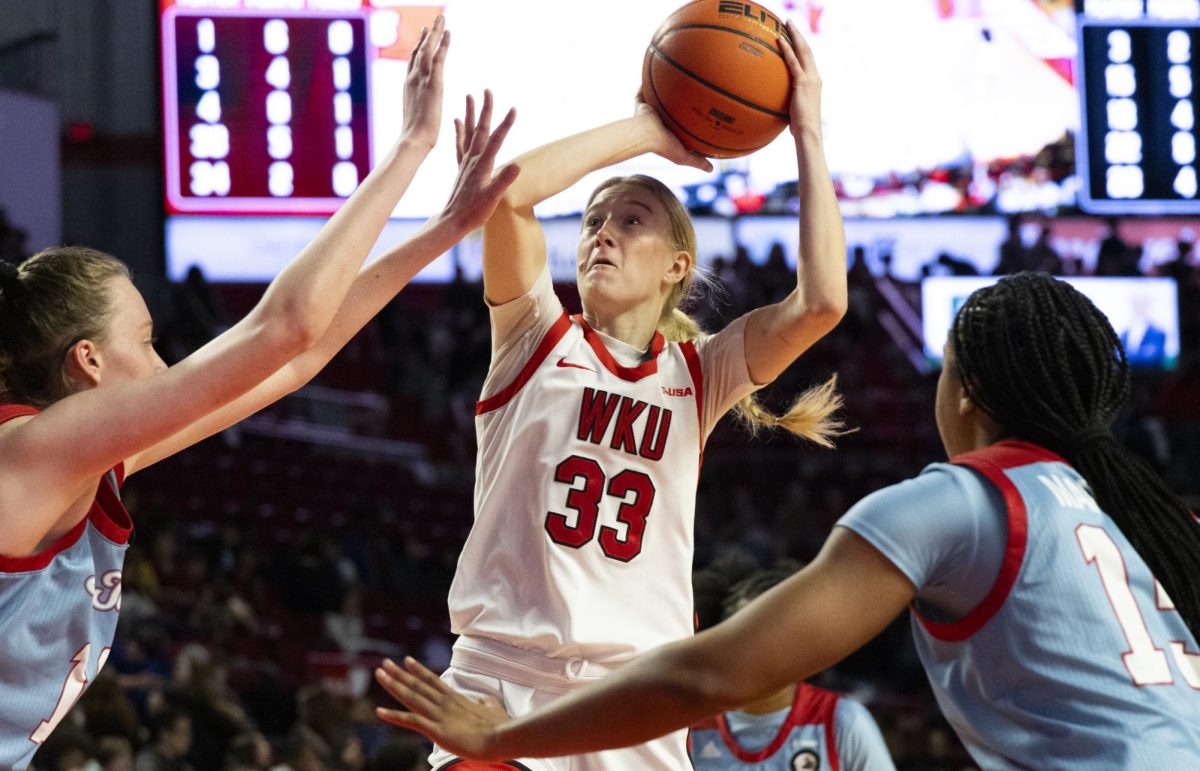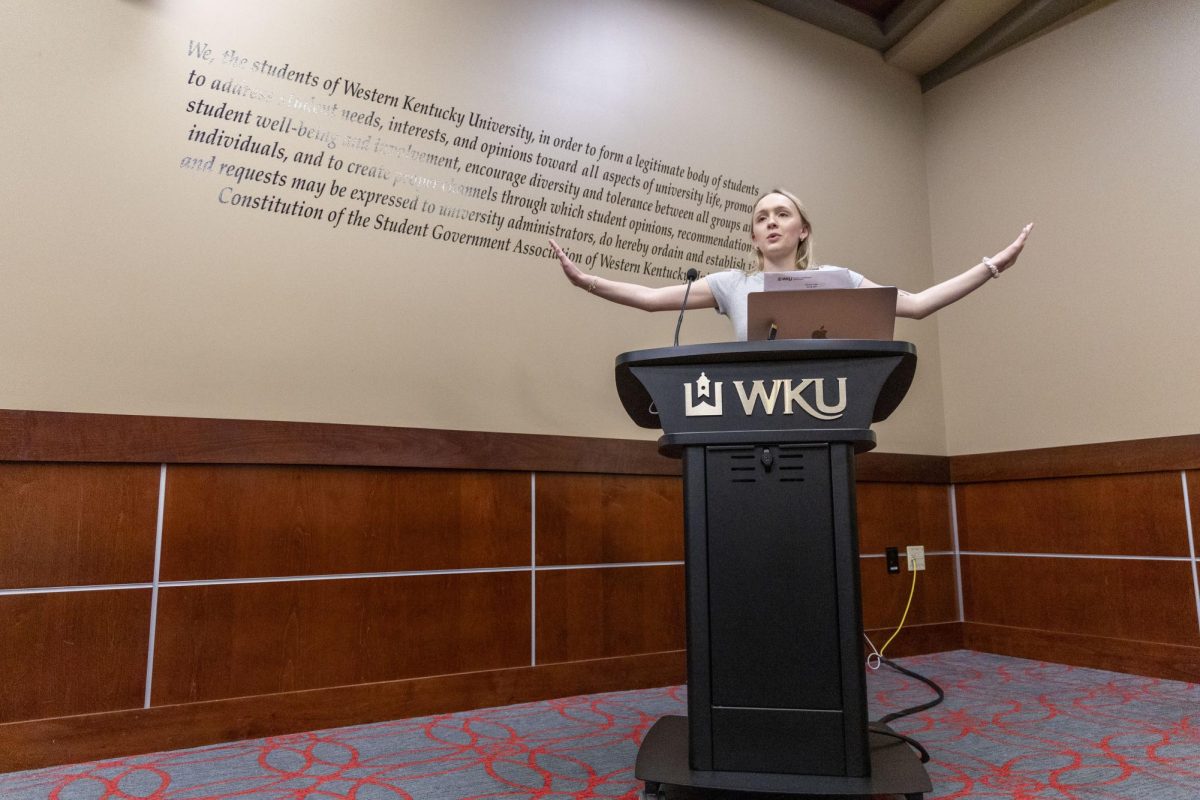Insurance surplus for 2003 possible
September 30, 2003
Western faculty and staff may not have to devote much more of their paychecks to health insurance next year.
Members of Western’s benefits committee expect an insurance surplus for the 2003 plan year, the first since the university became self-insured.
After eight months, numbers from Western’s third-party administrator show that the university has a surplus in its insurance budget. If the trend continues, that surplus will allow the benefits committee to only charge a modest increase in employee insurance premiums in 2004.
A surplus can also be used to create an insurance reserve.
Western employees had premium increases of 17 to 34 percent in 2003.
One reason premiums increase is rising health care costs. The medical inflation rate, which measures how much costs will increase, is currently at 15 percent.
According to a survey by Towers Perrin, a benefits-consulting firm, an employee’s health care costs are expected to increase by about 12 percent.
If there is a surplus, part of it will be used to keep premiums low, said Claus Ernst, a member of Western’s benefits committee.
Len Kogut, chair of the benefits committee, said a surplus occurs when the university and employees pay more into the system than what’s needed to pay all the year’s medical claims and fees.
“We have a premium structure that is accommodating our claim side,” Kogut said.
Kogut could not say how much the anticipated surplus will be because the self-insurance budget is currently undergoing an audit.
Any remaining surplus goes toward building a reserve.
Ernst said it is ideal for an insurance plan to have 10 percent of its budget in reserve.
“If things go as planned, we’ll actually have a reserve that will give us protection for huge catastrophic cases that for whatever reason isn’t covered,” he said.
Some credit the management of Anthem Blue Cross and Blue Shield, the university’s third party administrator, as the cause of this surplus. Western switched to Anthem from Medical Benefits Administrators, Inc., in January.
Ernst said it is likely Anthem was able to get better discounts on medical services because they are a big national administrator.
“This happens enough for them that it reduces our costs,” he said. “Anthem seems to be more stringent in what they approve to cover.”
Faculty Regent Robert Dietle said Anthem was probably more accurate in their predictions, which enabled them to create a premium structure that is adequate for its costs.
“Past years, at this time, everyone is dreading of having to come up with the money to cover the expected deficit,” Dietle said. “(There are) also worries about how high the fee structure will be.”
President Gary Ransdell said the university has had to take money from its general education budget in the past few years to help pay off the deficit.
“What little discretion we have, there are many demands,” he said. “If the self-insurance program is not on this list, then yes, it’s helpful.”
Kogut said employees on the university’s plans have made choices that might have prevented major medical disasters that could have resulted in more expenses for the insurance pool.
“When they’re paying higher premiums, they know they have to be a better consumer,” Kogut said.
But the benefits committee isn’t ready to celebrate yet.
Benefits committee members said a surplus now doesn’t mean it will stay until year’s end.
With four months left, anything can happen to radically change things, Ernst said. A big claim can put a dent in the insurance budget.
But if that isn’t the case, some employees are looking forward to not having double-digit premium increases this year.
“If we can keep our rates fairly flat, as a program, we have been successful,” Kogut said.
Reach Mai Hoang at news@wkuherald.com.












